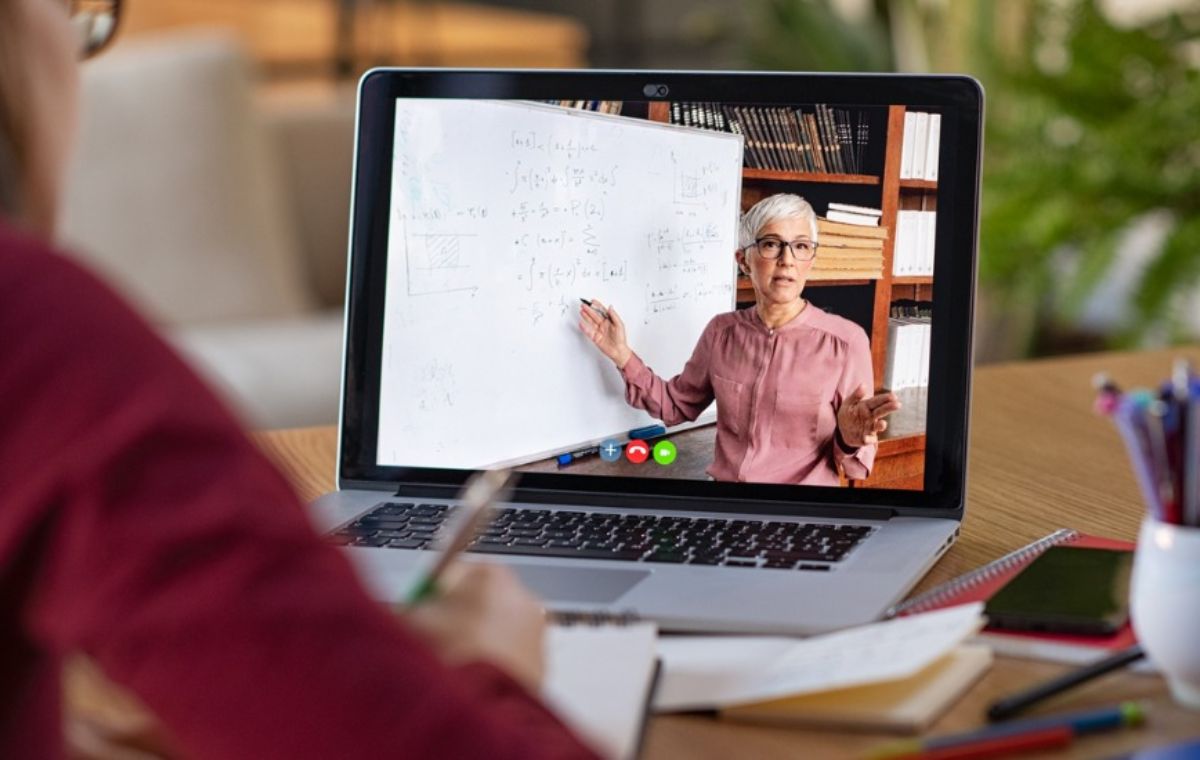Maintaining an effective and positive environment during online classes is definitely not an easy task. However, assessment is also an indispensable component of teaching that requires serious consideration and planning. Tutors shouldn’t completely reinvent the traditional assessments but modify them to fit in the virtual classroom.
Guidelines For Proper Assessment
No matter what type of assessment teachers choose, it should correspond to the following unwritten rules:
Always Match the Assessment Strategy to the Main Goal or Objective
Teachers can measure the overall performance of a student or just the completion of a specific task. Their focus should be on reaching the learning objective and motivating students to strive for progress. The virtual classroom allows teachers to extract:
- information on what skills students need to upgrade and holes in the existing knowledge
- valuable feedback on tutor’s teaching performance
- ideas on how to improve the assessment strategies
Do Not Underestimate the Feedback
The overall performance of the students is a clear sign of the teacher’s efforts. Moreover, it gives crucial data as to what aspects of the learning process need improvement. Tutors should also listen to students’ opinions when deciding on a future assessment strategy.
Try to Customize Assessments as Much as Possible
Teachers might feel overwhelmed by creating a specific assessment strategy for each student. However, this is not the case for adaptive assessment. It offers students the freedom to:
- learn at their own pace
- plan what and when to learn
- gain more control of the whole process
For example, test questions can be computer-delivered and adjusted as students take them. A series of correct answers will result in more complex questions. Additionally, the tutor might play a video or display a text on the online whiteboard in the virtual classroom and then ask questions.
Decide The Assessment Frequency
Many teachers choose the exam form of assessment strategy. However, it is not the most accurate option for this generation of young people. Exams are stressful, and stress is the main factor that makes even the high performers fail. Moreover, the online environment predisposes to cheating.
Therefore, tutors should focus on frequent and innovative assessments during the school year. They can think of a task or question that triggers discussion and divide students into breakout rooms. Thus, teachers can assess their performance, teamwork, and way of thinking.
Teachers can take one step further and implement case-based assessments. They consist of a real-life situation that tutors explain to students and then set the problem. Thus, youngsters learn how to present their arguments backed up with facts and deep research.
Assessment Tools and Strategies
VEDAMO’s virtual classroom offers all the features necessary to implement effective assessment strategies and utilize tech tools. However, it’s vital to note that teachers shouldn’t overwhelm students with too many virtual assessments and tools. As a teacher, it is best to use 2-3 of them and define the purpose for using each one.
One-pagers
There is an intriguing assessment strategy called a one-pager. Students are asked to write down key ideas and questions about the lesson on a single page and upload them to the virtual classroom. They could also include images. Canvas, Google Slides, and Word Document are the perfect tools for such activity requiring almost no technical knowledge.
Elevator Pitch
It’s a creative idea to help students list the key takeaways from a lesson by typing it into a Google document or on a virtual message board like Padlet. Teachers can also ask learners to share their verbal summary of the lesson, called an elevator pitch. Thus, they manage to focus on the essential facts and practice public speaking.
One-to-One Conversations
A virtual classroom allows tutors to hold one-to-one assessments. This way, they gain more information about the students’ way of thinking. After all, individual conversations are the perfect tool to bond with a person no matter whether it is the online or physical environment.
Basic Tests
Tests might seem an old-fashioned way of assessment, but they still are one of the most popular among teachers. Software like Poll Everywhere, Google Forms, and Peardeck allows educators to create tests for each lesson.
Exit Tickets
The best way to check understanding and retention is the exit tickets. By utilizing the “Post-It Parking Lot” strategy, students answer questions on sticky notes and leave them on a board. In the online environment, students can use a group Google Document to enter their answers. Thus, the tutor can measure their performance and knowledge and start an intriguing discussion.
Customization of Assessments According to School Subjects
Teachers should bear in mind that different subjects require different assessment strategies. Based on previous experience and students’ preferences, tutors could establish engaging ways to measure students’ performance in the virtual classroom. The following assessments are suitable for history classes.
Divide and Debate
Students tend to remember more information when they use it in a conversation and support their statements with arguments. Such activity is possible in VEDAMO’s virtual classroom using the breakout rooms. The tutor can set the topic on the legacy of a historical figure or the consequences of war and then divide students into groups. After accumulating facts, students can debate supporting their thesis.
Analyzing a Historical Document
The teacher can share a historical document on the online whiteboard and then set questions on its content. Thus, teachers assess students’ retention and analytical skills by combining them with knowledge of history.
Research, Formulate and Present
A great way to measure students’ overall performance in history class is to set a topic on a historical event/figure that directly concerns the area they live in. Learners could gather data, write an essay, create a video, and present it in front of the class. Such an assessment strategy requires cohesive criteria and dedication from the youngster.
Online education requires a flexible methodology from teachers and an innovative approach to assessing students’ performance. It’s a well-known fact that learners tend to perform better when knowing they will receive recognition for their hard work. That’s why a tutor’s mission is to customize their assessment strategy to motivate and inspire students to strive for more.



































